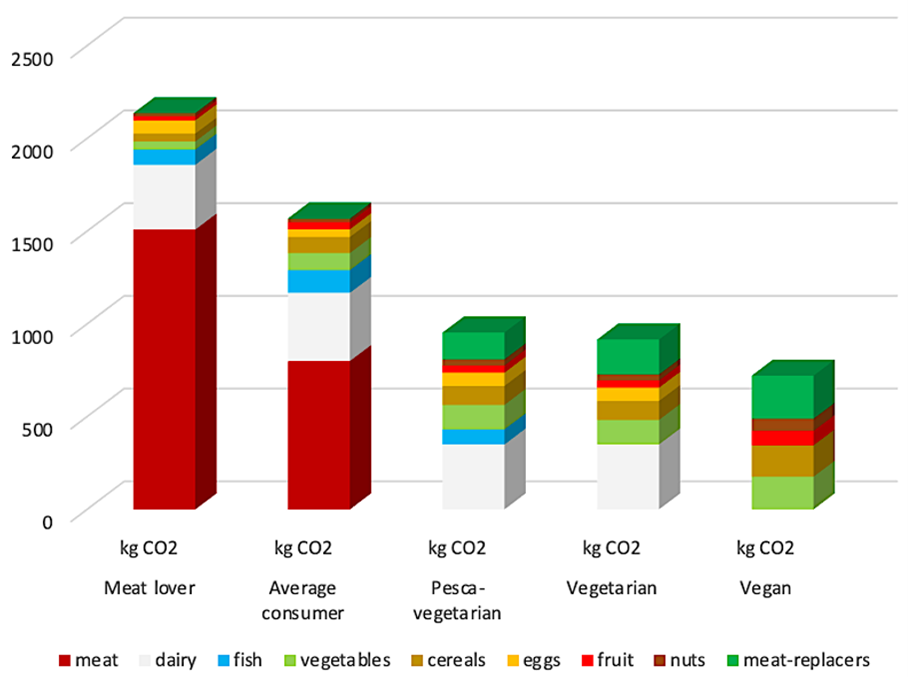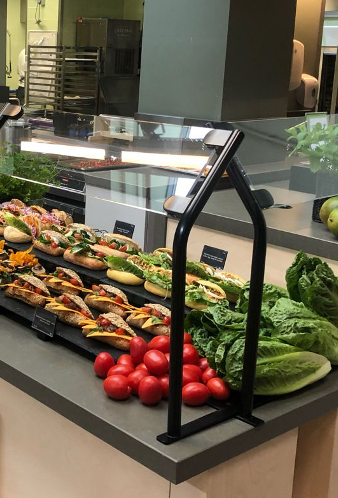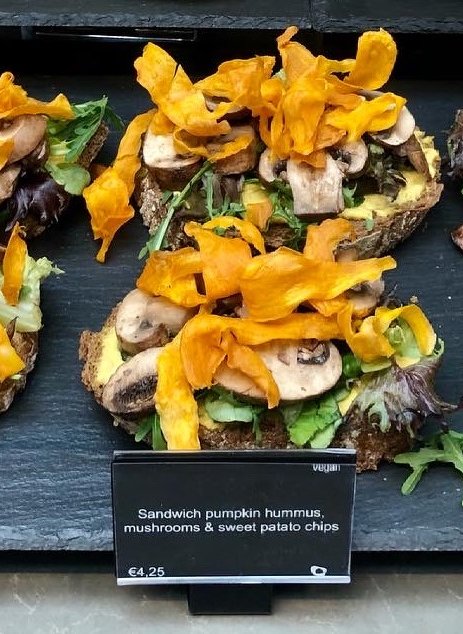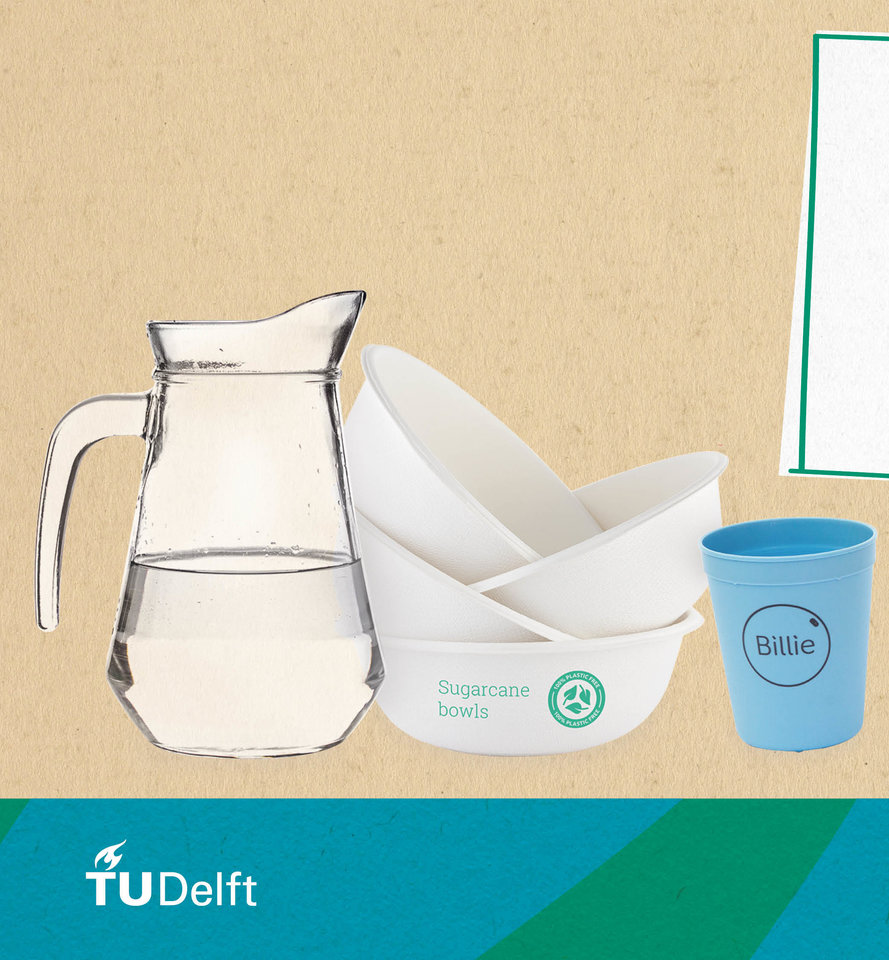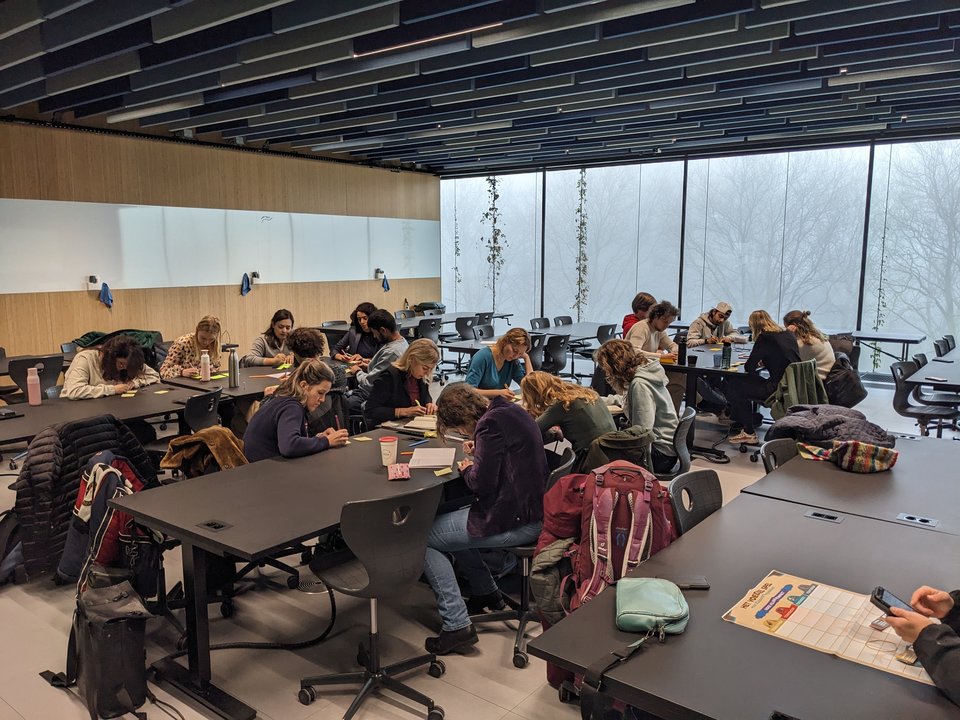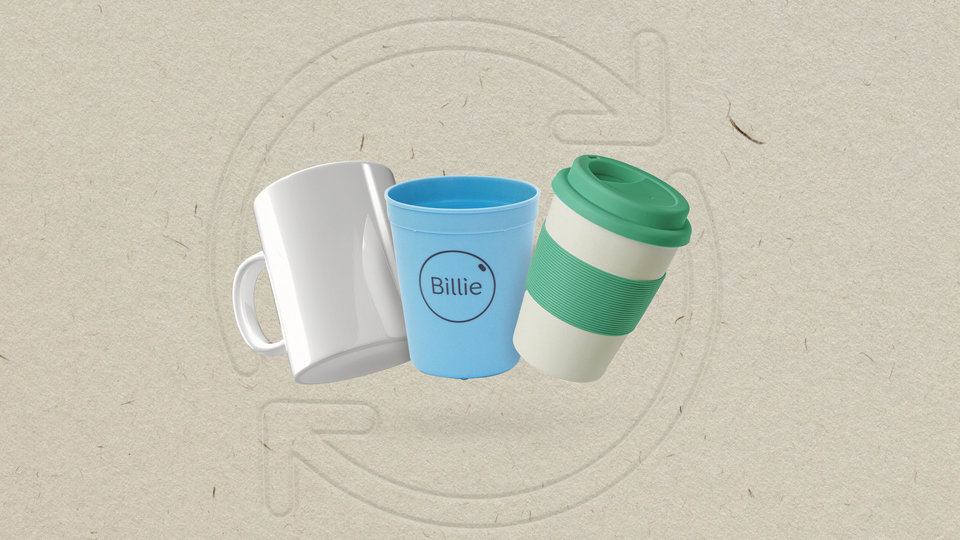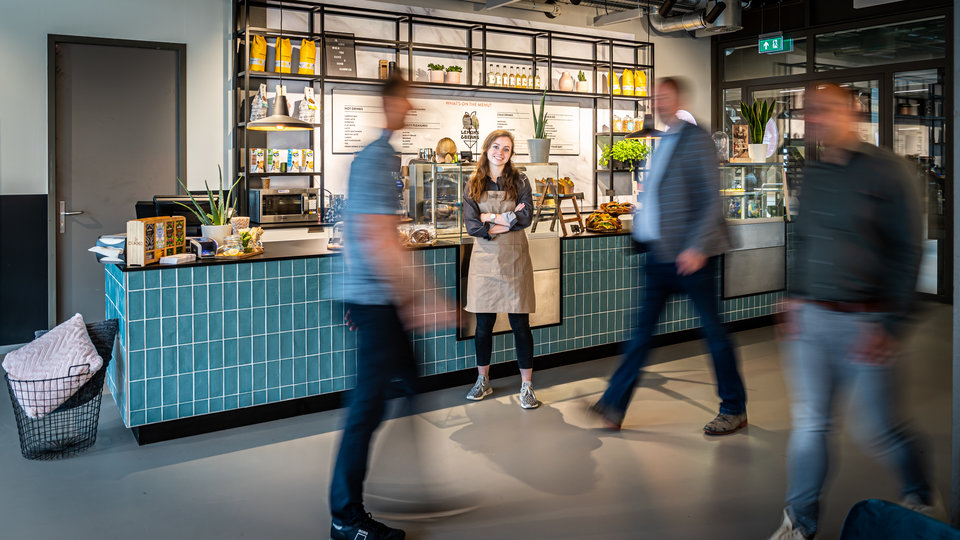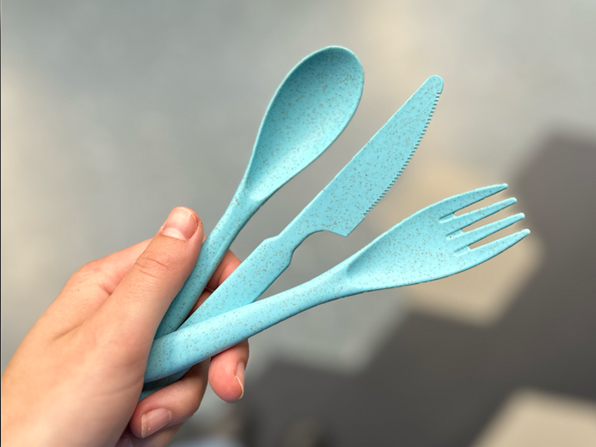After procurement and energy, food has the third-largest carbon equivalent share in the university’s footprint, based on the latest carbon assessment results. With its sustainability policy, TU Delft is going to focus on healthy and varied local, seasonal, organic food and beverages, less animal products, more plants.
The total carbon emission of food was based on research by prof. Andy van den Dobbelsteen, determining an average Dutch diet, carbon emission figures of food types and assuming half of the average daily consumption on campus during working and studying days. More information can be found in the Vision, Ambition and Action Plan. TU Delft is currently working on an accurate food assessment tool that will give more detailed insight into the carbon emissions of food, using the latest lifecycle assessment data
Reversing the order
To stimulate customers to choose and eat sustainable food we are proposing to make plant-based food the basis and animal products (for example meat, fish, and cheese) as extras. Food with a large carbon footprint, animal products in particular, will become more expensive than food with limited negative impact, for instance by accounting for a carbon price. Catering staff will be trained on sustainable and healthy food, also to help customers with questions and point them in the right direction.
Information displayed
As part of the sustainable food policy, we want to make the environmental impact of food and beverage visible. The product, with stickers or labels, and the restaurant, with information boards and screens, should show this information, next to allergy information. Customers should be able to see the carbon impact of the products they are comparing, including the relation with the price of the product. In addition, we are looking into designing the layout of restaurants in such a way that it stimulates sustainable behaviour.
Food waste
Food waste can be roughly divided into three parts: the food itself, packing material, and
tableware, such as cutlery, cups, and plates. Several actions can be taken to prevent or reduce this waste. TU Delft has already implemented reusable cups and cutlery. In addition, we are looking into avoiding packaging and using sustainable/reusable alternatives, using tap water, smaller plates, offer different size portions, appointing a waste coach, giving leftover food a second life, and turning food waste into compost to be used on campus.


